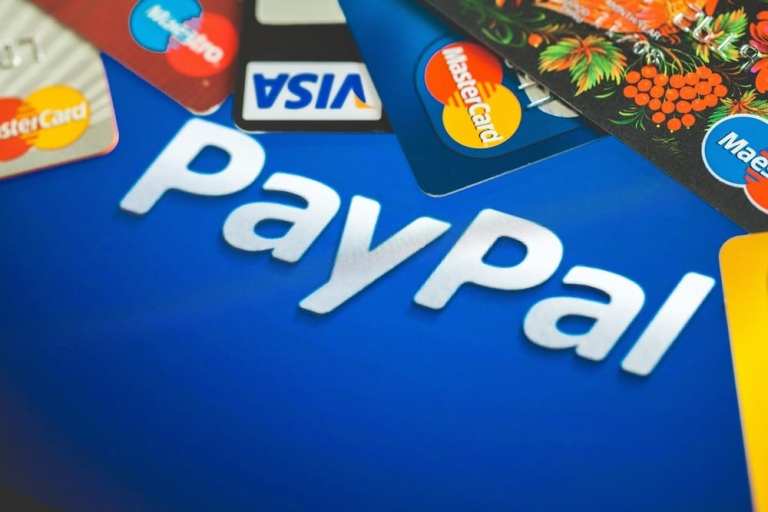PayPal Commerce Platform To Help SMBs Compete With Amazon

PayPal announced on Monday (June 3) the launch of the PayPal Commerce Platform, which is designed to meet the needs of marketplaces, eCommerce solution providers and crowdfunding platforms.
In a blog post, Bill Ready, PayPal’s chief operating officer, said the new digital platform will provide what the company is calling the most comprehensive set of technology, tools, services and financing for businesses of all sizes around the world. The new PayPal Commerce Platform gives any business access to a customizable platform, Ready said.
The new set of tools is designed to draw together existing pieces of the PayPal business, while also opening up back-end systems and functions like compliance management and account authentication. The Commerce Platform also ties merchants to PayPal’s artificial intelligence (AI) and machine learning tools for fraud prevention, and provides tools for managing areas such as onboarding, payouts and disputes.
Additionally, merchants will have a single point of access for a host of PayPal’s payment services, including mobile POS, business financing and the ability to offer consumer credit for purchases.
As Ready noted in an interview, PayPal is looking to create a one-stop shop for all of the necessary tools of the trade for eCommerce, easily integrated for firms that would otherwise not have access to an entire suite of those capabilities.
“Sellers are trying to figure out how they can go compete with the very largest online retailers. This is a huge opportunity for them,” Ready told CNBC. “We want to democratize access to that so all these millions of sellers can engage more customers online.”
But to run with the big dogs, smaller players need access to the same kinds of tools they are using on the front and backend – and in some sense, that is what they are getting with the PayPal Commerce Platform. Instagram Checkout, Facebook Marketplace, BigCommerce and Yahoo! Small Business were already up and running on the platform as of its announcement on Monday (June 3).
The Commerce Platform is now open at large for businesses of all sizes in the U.S., as well as France, Germany, Italy, Spain, the United Kingdom and the United States. PayPal will look to expand to more than 40 markets by the end of the year as it aims to “broaden” and democratize access to eCommerce and payments tools for merchants of all sizes.
“When I think about the world … in a decade, I don’t want there to be only one place to buy online. I want to wake up in a world where there is a thriving, vibrant and diverse ecosystem of merchants, sellers, entrepreneurs and businesses of all sizes. That’s our goal,” Ready wrote.
What makes that goal attainable, according to Ready’s blog post, is PayPal’s scale: 277 million active users, including 22 million merchants around the globe.
Moreover, partnerships and online marketplaces have been a steadily growing part of PayPal’s business since 2015, when it formally split with eBay. As of the firm’s last earnings report, Ready noted that PayPal’s top 20 marketplaces grew 40 percent year over year, approaching $90 billion in volume last year alone.